What do you think? Are VPNs safe? It is one of the most popular terms in the world, and the market for VPNs is constantly growing. If you are looking for the best VPN, you have reached a good piece of content, because we will try to answer this question and offer you some reasons why safety is a priority when choosing a VPN.
The fact that people use the Internet does not mean that they are 100% secure online. A VPN service helps in this situation. And if you are reading this article then you are probably thinking about getting the right and safe VPN.
Is VPN safe to use?
Anonymity, or the right to privacy online, is something that many people don’t think about. It’s understandable. You’re just trying to browse the web like you do every day.
In the context of your own experience, it’s easy to forget that there are potential dangers lurking around every corner. Your internet connection could be monitored. Your browsing history could be saved. You could be tracked.
A VPN, or Virtual Private Network, is a tool that encrypts your internet connection and allows you to appear in a different location.
For example, if you connect to a VPN server in the US, it will appear as if you were connecting from America. This allows you to access content that may otherwise be restricted if your connection is directly made from your location.
With the ongoing NSA debacle, many users have become concerned about their online privacy and security. The revelations of Edward Snowden didn’t help this situation one bit.
Since users are now aware of the NSA’s wiretapping activities, many are reserving judgment when it comes to using a VPN service.
This is understandable, as we’re all concerned about privacy. With the recent revelation that over a million people used the Hola VPN to commit cybercrimes, this has only elevated concerns about privacy and the dangers of using a VPN service in general.
Key Benefits of VPN
A VPN, or Virtual Private Network, changes your IP address and location to a different one. This can be useful for several reasons. When traveling abroad, you may want to access the internet just as you would at home.
- The benefit of doing this is that you’ll be able to see television shows and movies that are geographically blocked.
- You’ll see them as if you were in the US or wherever the content was created.
- Another reason to use a VPN when abroad is that you can use it to see if a site is available or not in your area. Many sites are blocked in countries like China and Iran because they aren’t censored but rather because they aren’t sanctioned by the government.
- A VPN can also act as a pay service to allow you to get around certain geo-restrictions on sites like Netflix or Hulu.
- It will allow you to enjoy those geo-restricted services at the same time as your friends in America that have access to those services.
- Whenever you’re using public WiFi, it’s possible for others to intercept data that you send back and forth from your computer. This allows them to see exactly what you’re doing and steal any private information that you might be sending over the internet.
- Using a VPN will encrypt all of your data so that no one can read it while it’s sent out over public WiFi.
Is a VPN Enough to Browse the Web Privately?
While it’s true that private browsing is offered by many mainstream browsers today, what many don’t know is that not all browser privacy modes are created equal. Some are better at protecting your privacy, others may be harming it. And if you’re not aware of the facts, you could be putting yourself at risk.
When you connect to the Internet, your Internet service provider (ISP) and anyone else on the same network can see everything you do. This can include details about every website you visit and image you look at, along with your account details for those sites.
When you use a VPN, your internet traffic is routed through an encrypted VPN tunnel to one of thousands of remote servers run by the VPN provider. These remote servers can be located anywhere in the world. From that server, your data exits onto the internet and ultimately reaches its intended destination.
Because the data is encrypted between you and the VPN server, your ISP is unable to see the contents of your internet traffic, nor can it view your true location. This means that, even if someone is spying on your network, you are much more difficult to locate.
The NSA’s massive surveillance network depends on ISPs being able to see traffic entering and exiting their networks, which makes it nearly impossible to completely avoid being tracked.
A VPN allows you to browse anonymously, which makes it much more difficult for your ISP or anyone else to track what you do online.
A VPN, or Virtual Private Network, is a great tool to have in your online privacy toolbox. VPNs can be used to increase your privacy and security when browsing the web at home or on public WiFi.
You might be wondering if it’s enough to protect your online privacy or if you’re going to need additional tools. The short answer is yes, a VPN should be used as part of your overall privacy strategy.
Do you need a free VPN to browse restricted content in your geo-location? Get the Hola VPN free now.

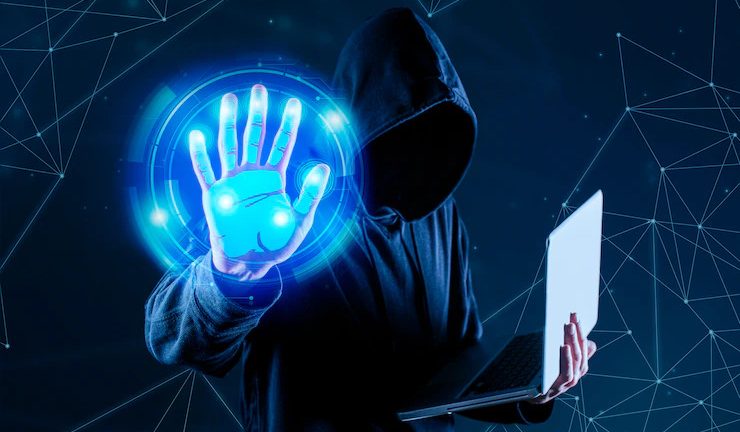
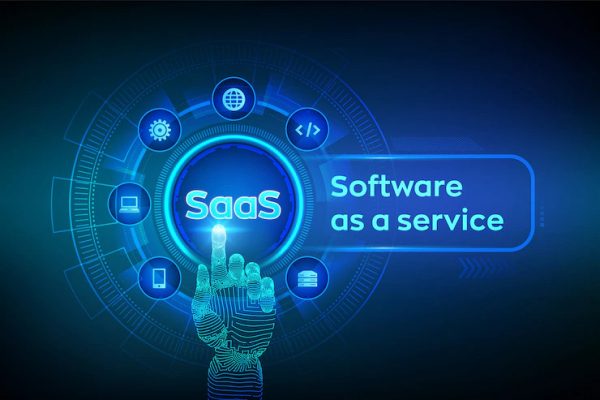
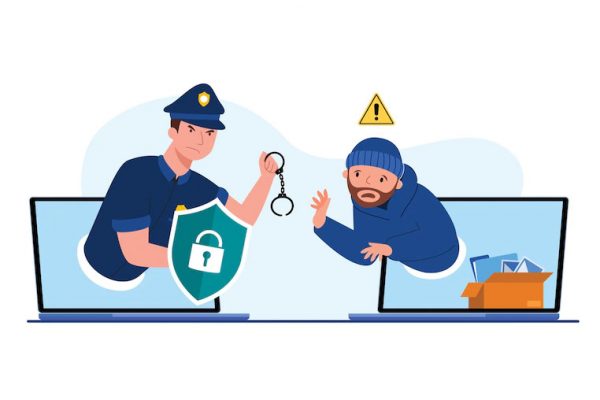
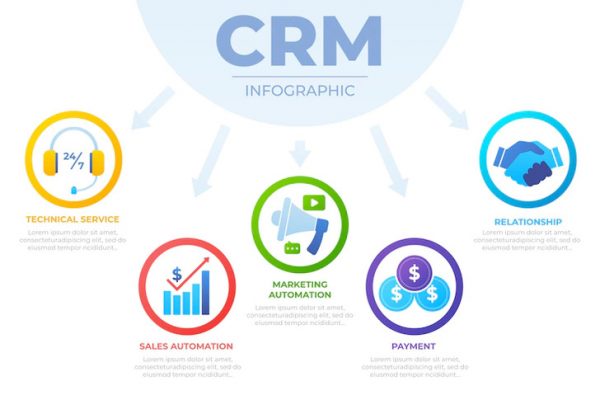
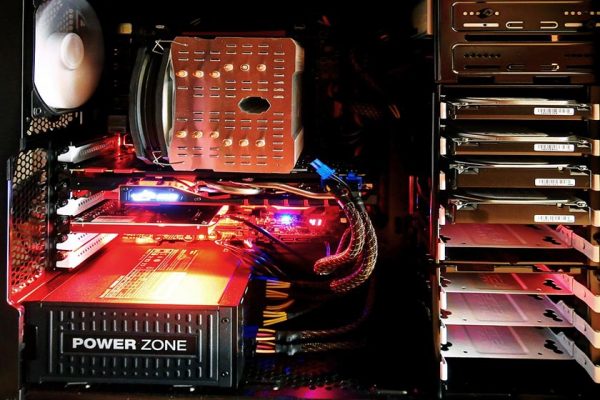
You are actually a excellent webmaster. The web site
loading pace is incredible. It seems that you’re doing any distinctive trick.
Furthermore, the contents are masterwork. you’ve performed a magnificent process
in this topic! Similar here: najtańszy sklep and also here:
Najlepszy sklep
Thank you for your sharing. I am worried that I lack creative ideas. It is your article that makes me full of hope. Thank you. But, I have a question, can you help me?